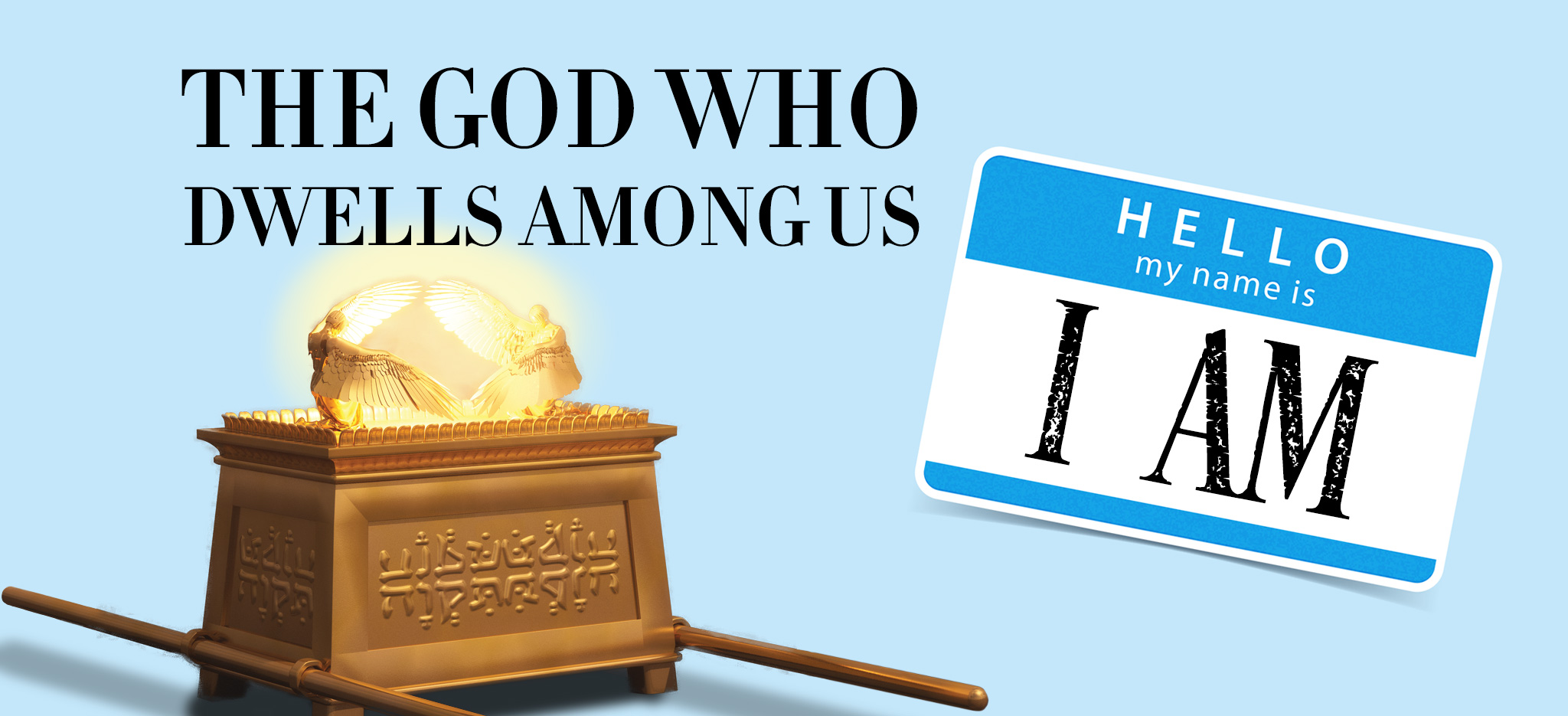
Ramses II ruled Egypt from 1279-1213 BC. He is known by all as Ramses The Great. As a young Pharaoh, he fought many battles to protect his country against the Nubians, Hittites, Libyans, and Syrians. Ramesses II lived to be 96 and was the third pharaoh of the 19th Dynasty. He identified himself as a god among his people during his reign. He erected enormous statues of himself, more so than any other Pharaoh.
The mummy of Ramses II needed to be transported to France because of some issues in its preservation in 1974. French law required that every person, living or dead, fly with a valid passport. So Egypt was forced to issue a passport to prove his identity for this self-declared god-king after 3,000 years. The passport included a photo of his ancient face, his name, and his profession was listed as "King (deceased)". Upon arriving at the airport, he was hailed as a king, entitled to all military honours.
In antiquity, names carry a more vital identification than modern times. In the same way, when someone's name changes, it can be seen as symbolic of the transition the person has experienced.
We see in the Bible God giving new names. For example, God changes Abram's name to Abraham to show that he had made him the father of many nations. God changed Sarai's name to Sarah from being "my princess" to "a princess". He changed Jacob's name to Israel, which means one that wrestled with God. So whenever God changed a person's name, it was usually to give a new identity to that individual.
While Moses was taking care of his father-in-law's sheep about the slopes of Mount Horeb, He saw a burning bush in Exodus 3:13–15. God commands Moses to go to Egypt and to bring the people of Israel out of bondage. Moses then asks God, "If I come to the people of Israel and say to them, 'The God of your fathers has sent me to you,' and they ask me, 'What is his name?' what shall I say to them?'" God said to Moses, "I AM WHO I AM". And He said, "Say this to the people of Israel, 'I AM has sent me to you." God also said to Moses, "Say this to the people of Israel, 'The LORD (Yahweh), the God of your fathers, the God of Abraham, the God of Isaac, the God of Jacob, has sent me to you.' This is my name forever, and thus I am to be remembered throughout all generations."
God identified Himself as the God of their ancestors; then He proved that He was faithful to the covenant He made to Abraham and his descendants. Then He says three times, "I AM WHO I AM"… "I AM has sent me to you" and Yahweh . . . has sent me to you . . . this is my name forever. Psalms 9:10 says, "And those who know Your name will put their trust in You". That means the people who knew God by this name also experienced His presence as it is the reflection of His character.
After the people of Israel left Egypt, God was still with them, showing his merciful identity through his presence. In Exodus 25:8, God said, "let them make Me a sanctuary, that I may dwell among them". The Hebrew word "shakan" — "dwell", means to be a permanent resident in a community. It is closely associated with the word "Shekinah", which means the manifestation of divine glory. God promised to "dwell among them" so that His continuous presence would be felt amongst His people whom He loves so dearly.
By day and by night in the wilderness, the Lord went before them as a pillar of cloud and a pillar of fire (Ex 13:21). These clear symbols made His children aware of His uninterrupted presence and care.
Finally, we see that Jesus is also called Immanuel. This name appears three times in the Bible, twice in the Old Testament in the book of Isaiah (7:14, 8:8), and once in the Gospel of Matthew (1:23). John describes Jesus as the "word became flesh and dwelt among us." John 1:14. It literally means "pitched his tent," which recalls the Shekinah presence of God in the Sanctuary of the Old Testament. Though He is the Highest King of the Universe, the Lord of lords chose to live among us. The Bible promises that "The Lord your God is with you wherever you go" (Joshua 1:9).
Through thick and thin, He is with us. One of the last words spoken by Christ was, "I am with you always, even to the end of the age" (Matt 28:20). We can be sure that God is with us because of His identity. He is who He claims to be. Therefore, he deserves all honor and glory. He loves, He cares, and He dwells among us. May we walk today with that constant awareness of His presence.

God often changed names. He has the purpose to change someone’s name